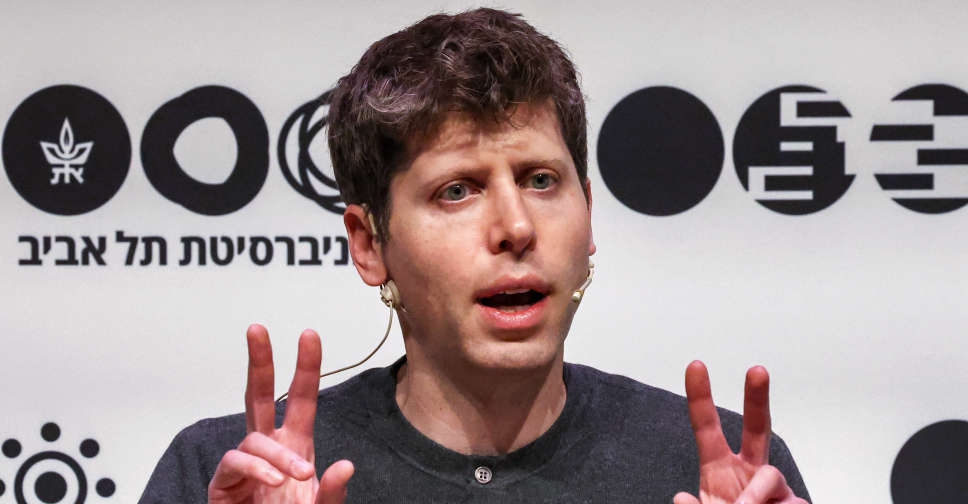
OpenAI CEO Sam Altman, who visited India on Wednesday, shared his insights on the disruptive nature of artificial intelligence (AI) and its potential impact on employment.
Altman, in an interview with the Economic Times, acknowledged that AI is indeed a disruptive force but asserted that it does not spell permanent job loss.
He emphasised the urgency for governments to develop new socioeconomic contracts in response to the rapid pace of AI-driven changes.
Altman highlighted that while certain jobs may become obsolete due to automation, new opportunities will emerge.
"Every tech revolution leads to job change. In two generations, we can adapt to any amount of labour market change and there are new jobs and they are usually better. That is going to happen here, too. Some jobs are going to go away. There will be new, better jobs that are difficult to imagine today," he said.
Altman expressed the need for a proactive approach to adapt and reskill workers, enabling them to meet the evolving demands of the job market.
He underlined that every technological revolution leads to job changes, and over time, societies adapt, with the emergence of new and often better jobs. He firmly stated that this transformation will also occur with AI, where some jobs will disappear, but new, unimaginable opportunities will arise.
As a Stanford University dropout, Altman expressed his support for government-funded research on AI and stressed the significance of sovereign AI projects. He acknowledged that many countries may be apprehensive about solely relying on foreign companies for life-altering technologies. Altman particularly recognised India's potential to achieve substantial results through government-backed AI initiatives.
Regarding regulation, Altman welcomed it unequivocally, recognising the scale of disruption caused by AI.



 UK's Jaguar Land Rover to halt US shipments over tariffs
UK's Jaguar Land Rover to halt US shipments over tariffs
 US starts collecting Trump's new 10% tariff
US starts collecting Trump's new 10% tariff
 Nasdaq set to confirm bear market as Trump tariffs trigger recession fears
Nasdaq set to confirm bear market as Trump tariffs trigger recession fears
 Dana Gas and Crescent Petroleum exceed 500M boe in Khor Mor field
Dana Gas and Crescent Petroleum exceed 500M boe in Khor Mor field



